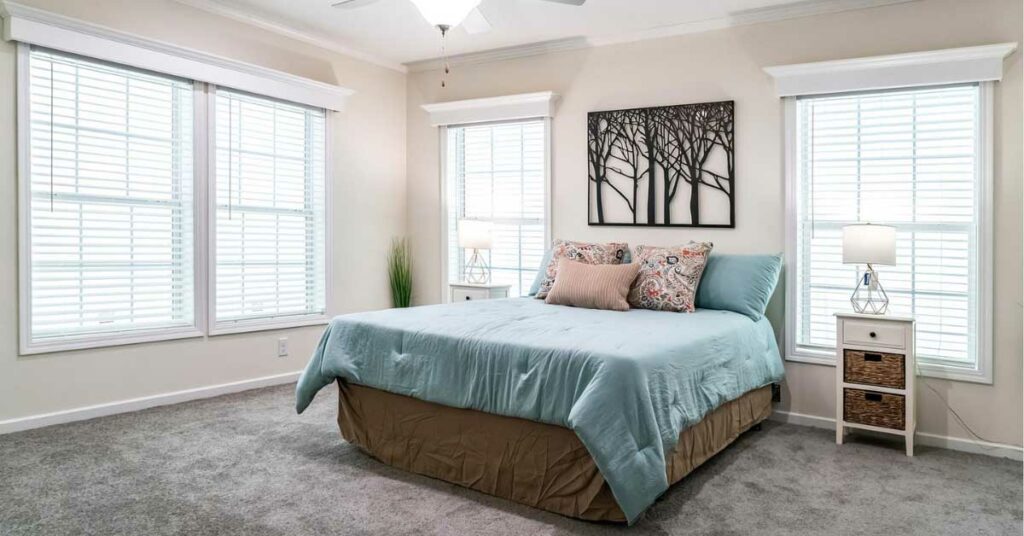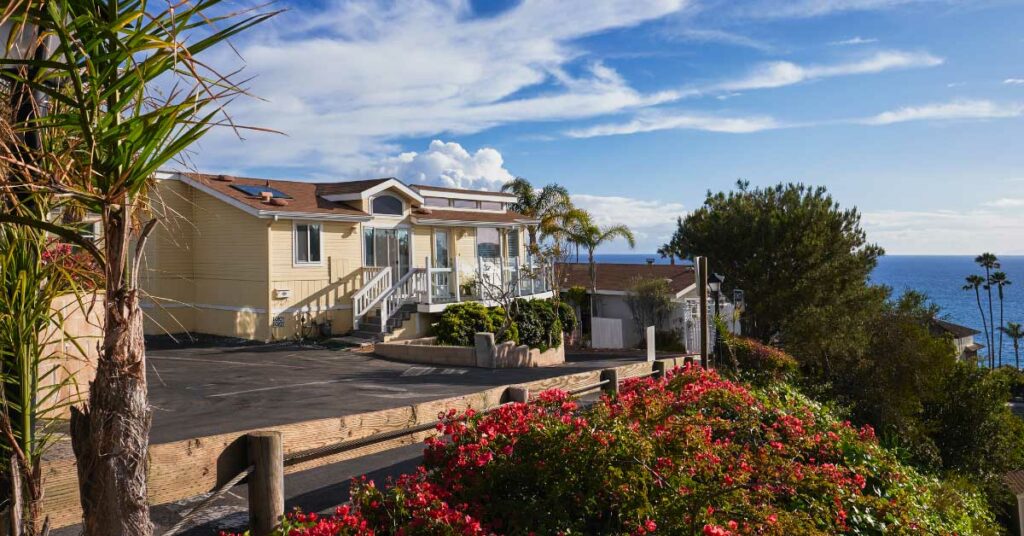Manufactured Housing: A Solution for Low-Income Households to Achieve Home Ownership
Manufactured housing can be the solution for people looking for home ownership. Homeownership is a fundamental pillar of the American Dream, offering an avenue to wealth accumulation and financial security.
But for low-income households, this dream often feels out of reach due to the high cost of housing.
Manufactured housing presents a viable solution, enabling these households to transition from renters to homeowners.
This blog explores how manufactured housing could be a game-changer for low-income home ownership.

The Basics of Manufactured Housing
Before we dive in, let’s define what we mean by manufactured housing.
These homes, formerly known as mobile homes, are residential units built entirely in a factory under controlled conditions and federal regulations, specifically the HUD Code.
These homes are then transported to their site. They vary in size, from single-section models to expansive multi-section designs.
Affordability Advantage
Manufactured homes are an appealing option for low-income households primarily because of their affordability.
On a per-square-foot basis, manufactured homes cost considerably less than site-built homes.
For families that find traditional housing prohibitively expensive, manufactured housing offers a cost-effective path to homeownership.

Quality and Comfort
Manufactured homes have made significant strides in quality and design over the years.
Today’s manufactured homes offer the comfort, design features, and functionality that one would expect in a traditional site-built home.
The stringent HUD Code ensures that these homes are built to a high standard of quality, durability, and safety.
Flexibility and Choice
Manufactured homes offer greater flexibility and customization options.
Buyers can choose from a range of layouts, designs, and sizes to meet their needs and tastes.
This versatility is particularly beneficial for low-income households, who can select a home that fits their budget without compromising on their living standards.
Barriers to Manufactured Home Ownership
While manufactured housing offers many advantages, there are challenges that prospective low-income homeowners must navigate:

Financing Hurdles
Financing for manufactured homes can be complicated.
Often, these homes are classified as personal property rather than real estate, which leads to chattel loans with higher interest rates and shorter loan terms than traditional mortgages.
This can make monthly payments more burdensome for low-income households.
Land Ownership
While a manufactured home itself may be affordable, land ownership presents another hurdle. Land lease costs can make the total cost of owning a manufactured home similar to renting, negating some of the financial benefits of homeownership.
Zoning and Regulatory Restrictions
In some areas, zoning laws and other regulations limit where manufactured homes can be placed, making it harder for prospective owners to find suitable land.

Pathways to Empowerment
Despite these challenges, steps can be taken to make manufactured homes more accessible for low-income households:
Improving Financing Options
Policymakers and industry stakeholders need to collaborate to develop financing mechanisms that treat manufactured homes like traditional real estate.
This could lower interest rates and lengthen loan terms, making these homes more affordable over the long term.
Community Land Trusts
Community land trusts can provide an innovative solution to the land ownership issue. In these models, the trust owns the land and leases it to the homeowner for a nominal fee, keeping overall costs low.
Regulatory Reform
Reforming zoning and other regulations can make it easier for low-income families to place their manufactured homes on suitable land.

Final Thoughts
Manufactured housing holds immense promise for low-income households aspiring to homeownership.
By addressing the barriers that these households face, we can unlock the potential of manufactured housing to transform lives and communities.
The journey may be complex, but the end result – a home of one’s own – is a destination worth striving for.
About the Author
Anequim is your strategic partner in the Manufactured Homes Community sector, providing skilled, bilingual virtual assistants that cater to MHC owners, investors, Property Managers, and Property Management companies.
With specialized services ranging from leasing calls to property maintenance coordination, accounting, and more, Anequim’s comprehensive approach is uniquely designed to support the varied needs of the MHC industry. Their dedicated team expertly handles recruitment, learning and development, performance management, and creating tailored solutions that drive efficiency and success in your community.
Visit Anequim today to discover how their Remote Professionals can enhance your operations and investment in the Manufactured Homes Community.
